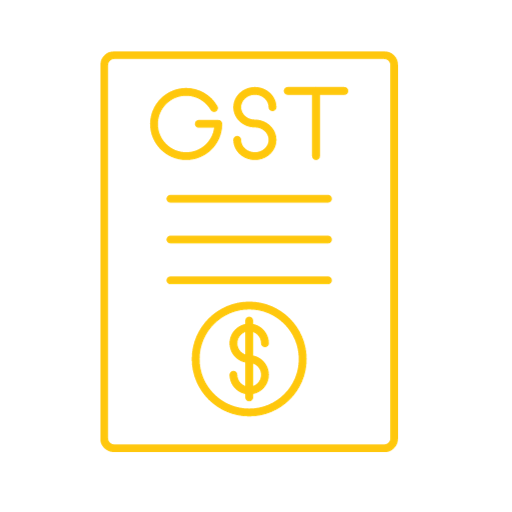GST Assessment Services by MyCAbuddy
Unlock the mysteries of GST assessment with MyCAbuddy’s comprehensive services. From self-assessment to scrutiny assessment, we offer expert guidance and support to ensure compliance and peace of mind for taxpayers. Explore the meaning, types, and procedures of GST assessments to streamline your tax obligations.
Understanding GST Assessment
GST assessment involves calculating the tax liability of taxpayers under GST law. It is the process of determining the amount of tax payable by an individual or entity for each tax period. Let’s delve into the types of GST assessments and their significance in tax compliance.
Types of GST Assessments
- Self-Assessment:
- Taxpayers assess their own tax liability and file returns for each tax period, as per Section 59 of the GST Act.
- Provisional Assessment:
- Tax authorities conduct provisional assessments when taxpayers are unable to determine their tax liability value or rate. This is done under Section 60 of the GST Act.
- Scrutiny Assessment:
- Tax officers scrutinize taxpayers’ returns to verify their accuracy and may issue notices in case of discrepancies, as per Section 61 of the CGST Act.
- Best Judgment Assessment:
- Assessing Officers make assessments based on their best judgment in certain cases, ensuring tax compliance.
- Assessment of Non-Filers of Returns:
- GST officers assess tax liability for taxpayers who fail to furnish returns despite notices, as per Section 62.
- Assessment of Unregistered Persons:
- GST officers assess tax liability for unregistered persons who are liable to be registered but fail to do so, under Section 63.
- Summary Assessment:
- Authorized officers obtain permission to assess tax liability promptly to protect revenue interests, under Section 64.
Trusted by experts and businesses
Apply for GST Assessment
GST Notices & Assessment FAQs:
What is the significance of self-assessment in GST?
Self-assessment allows taxpayers to calculate their tax liability and file returns independently, promoting compliance and transparency.
When is provisional assessment applicable under GST?
Provisional assessment is applicable when taxpayers face difficulty in determining tax value or rate, ensuring smooth tax payment processes.
How does scrutiny assessment differ from other types of assessments?
Scrutiny assessment involves thorough verification of taxpayers’ returns by tax officers to identify discrepancies and ensure accuracy.
What are the consequences of non-compliance with GST assessment procedures?
Non-compliance with GST assessment procedures may lead to penalties, including fines, imprisonment, and other legal consequences.
Can unregistered persons be assessed under GST?
Yes, unregistered persons liable to be registered under GST can be assessed for tax liability by GST officers, ensuring tax compliance.
What is the time limit for final assessments under provisional assessment?
Final assessments under provisional assessment must be completed within 6 months, with a possible extension of up to 4 years if necessary.
How can MyCAbuddy assist taxpayers with GST assessments?
MyCAbuddy provides expert guidance and support throughout the GST assessment process, ensuring compliance and peace of mind for taxpayers.

